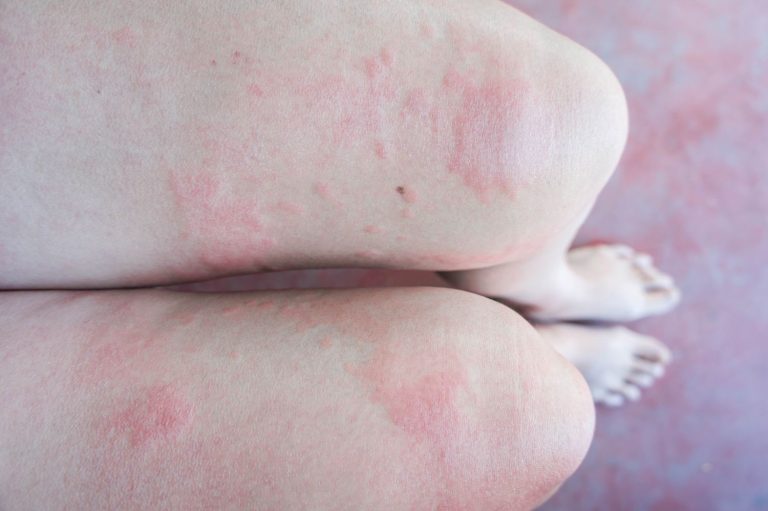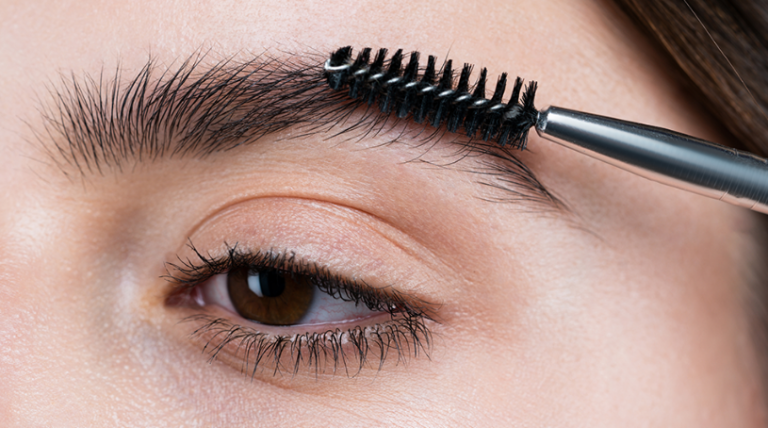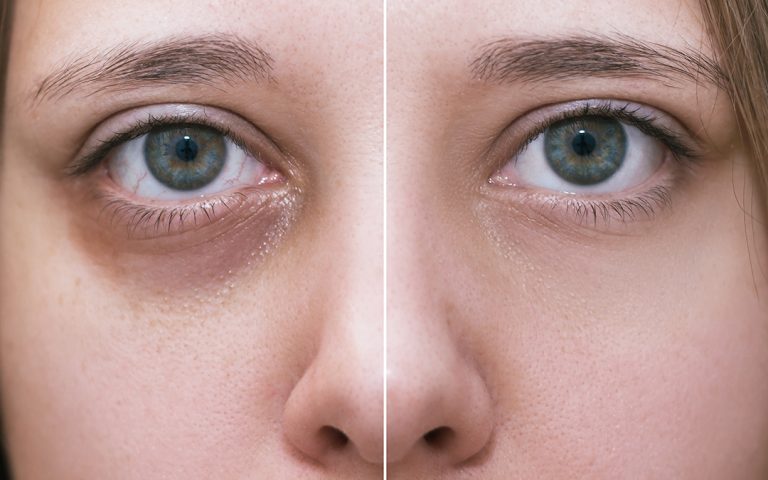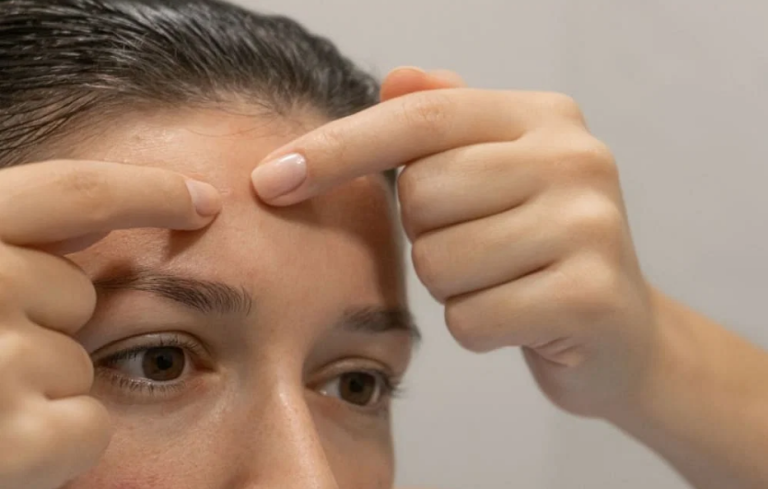How to Soothe and Reduce Facial Swelling Naturally

Facial swelling is a common occurrence that can be caused by various factors such as injury, allergies, or underlying health conditions. It can lead to discomfort and self-consciousness, but there are natural remedies that can help reduce swelling and soothe the skin. In this blog post, we will explore the causes and symptoms of facial swelling, as well as effective home remedies, natural ingredients, and lifestyle changes that can aid in reducing swelling on the face. Whether it’s a result of an injury or a medical condition, these tips will help you manage and alleviate facial swelling naturally.
Causes of Facial Swelling
Facial swelling, also known as facial edema, can occur due to various reasons. Here are some common causes of facial swelling:
-
Injury: Trauma or injury to the face can lead to swelling, often accompanied by bruising and pain.
-
Allergies: Allergic reactions to pollen, pet dander, certain foods, or insect bites can cause facial swelling.
-
Dental Issues: Infections or abscesses in the teeth or gums can result in swelling in the face and jaw area.
-
Sinus Infections: Inflammation and congestion in the sinuses can cause facial swelling, particularly around the eyes, forehead, and cheeks.
-
Infections: Bacterial or viral infections, such as cellulitis or mumps, can lead to swelling in the face.
-
Medication Side Effects: Certain medications may cause facial swelling as a side effect. It’s advisable to consult a healthcare professional if you experience this.
Understanding the underlying cause of facial swelling is crucial in determining the most effective approach to reduce swelling on the face naturally.
By addressing the root cause, you can effectively manage and alleviate facial swelling, promoting a more comfortable and relaxed state.
Symptoms of Facial Swelling
Facial swelling can lead to various uncomfortable symptoms, indicating an underlying issue. Recognizing the symptoms can help in addressing the swelling and seeking appropriate treatment. Here are some common symptoms of facial swelling to look out for:
-
Puffiness: The affected area may appear puffy or swollen, causing discomfort and an asymmetrical facial appearance.
-
Tightness: The skin may feel tight and stretched due to the swelling, leading to discomfort and limited facial movements.
-
Redness: The swollen area may appear red or inflamed, indicating increased blood flow to the affected area.
-
Pain or Tenderness: Facial swelling can often be accompanied by pain or tenderness, especially when pressure is applied to the swollen area.
-
Difficulty in Eating or Speaking: Severe facial swelling may cause difficulty in eating, speaking, or performing regular facial movements.
By being aware of these symptoms, individuals can take timely action to address the facial swelling and alleviate discomfort. Understanding the symptoms can also assist in determining whether the swelling is due to a mild condition or requires medical attention.
Remember, being aware of the symptoms of facial swelling is crucial in taking the necessary steps to reduce swelling on face and ensure overall well-being.
Home Remedies for Facial Swelling
Facial swelling can be discomforting, but there are several natural remedies that can help reduce swelling on the face. Here are some home remedies that can be beneficial:
-
Cold Compress: Applying a cold compress to the affected area can help reduce swelling and soothe the skin. Use a clean cloth soaked in cold water or ice packs wrapped in a towel for around 15 minutes at a time.
-
Facial Massage: Gently massaging the swollen area with a natural oil like coconut or olive oil can improve circulation and reduce swelling. Be sure to use gentle, upward strokes to avoid further irritation.
-
Cucumber Slices: Placing chilled cucumber slices on the swollen areas can provide a soothing and cooling effect, reducing the swelling on the face.
-
Reduce Salt Intake: Consuming high amounts of salt can lead to water retention and facial swelling. Lowering your salt intake can help reduce swelling on the face.
-
Stay Hydrated: Drinking plenty of water helps flush out toxins and reduces water retention, which can contribute to facial swelling.
-
Elevate Your Head: Keeping your head elevated while sleeping can prevent fluid from pooling in your face, reducing morning facial puffiness.
By incorporating these natural remedies into your routine, you can effectively reduce swelling on the face without relying on medication. Remember, consistency is key in achieving the best results.
Keep in mind that severe or prolonged facial swelling should always be assessed by a medical professional to rule out any underlying health concerns. Reduce Swelling on face naturally with these simple home remedies and bring relief to facial discomfort.
Natural Ingredients for Reducing Facial Swelling
When it comes to reducing facial swelling, natural ingredients can be incredibly effective and gentle on the skin. By incorporating these natural remedies into your skincare routine, you can help alleviate swelling and promote a healthier complexion. Here are some key natural ingredients to consider:
-
Aloe Vera: Known for its anti-inflammatory properties, aloe vera can help soothe and reduce swelling on the face. Its cooling effect provides relief and promotes healing of the skin.
-
Cucumber: With its high water content and vitamin C, cucumber is a popular choice for reducing puffiness and swelling. Placing chilled cucumber slices on the face can constrict blood vessels and reduce inflammation.
-
Green Tea: Green tea contains antioxidants and tannins that can help constrict blood vessels and reduce swelling. Applying chilled green tea bags to the affected areas can provide quick relief.
-
Honey: A natural humectant, honey helps retain moisture and prevent further swelling. Its antibacterial properties also aid in preventing infections.
-
Witch Hazel: This natural astringent can effectively reduce swelling and tighten skin. It can be applied topically to soothe inflammation and promote healing.
Incorporating these natural ingredients into your skincare routine can complement your efforts to reduce swelling on the face and promote a calmer, rejuvenated complexion. Remember to perform a patch test before using any new ingredient to ensure compatibility with your skin.
By leveraging the power of these natural remedies, you can work towards reducing facial swelling in a gentle and sustainable manner.
Lifestyle Changes to Reduce Facial Swelling
Making some simple lifestyle changes can help in reducing facial swelling naturally. Here are some tips to consider:
-
Hydration: Ensure adequate intake of water to flush out toxins and reduce bloating, which can contribute to facial swelling. Aim for at least 8-10 glasses of water per day.
-
Healthy Diet: Consume a well-balanced diet rich in fruits, vegetables, and lean proteins. Avoid excessive sodium and processed foods, as they can lead to water retention and exacerbate facial swelling.
-
Elevate Your Head: Elevating your head while sleeping can prevent fluid accumulation in the face. Use an extra pillow or elevate the head of your bed slightly.
-
Regular Exercise: Engage in regular physical activity to improve circulation and reduce fluid retention. Activities like walking, swimming, and yoga can be beneficial.
-
Stress Management: Practice stress-reducing techniques such as meditation, deep breathing, or yoga to lower cortisol levels, which can contribute to facial swelling.
-
Limit Alcohol and Caffeine: Both alcohol and caffeine can dehydrate the body, leading to puffiness and swelling. Limiting consumption can help reduce facial swelling.
By incorporating these lifestyle changes, you can effectively reduce swelling on the face and promote overall well-being.
When to Seek Medical Help for Facial Swelling
Facial swelling can often be managed at home with natural remedies and lifestyle changes. However, there are circumstances where seeking medical help is crucial to ensure your well-being. Here are the signs that indicate you should seek medical assistance:
- Severe or Prolonged Swelling: If the swelling on your face is severe and doesn’t improve with home remedies or persists for an extended period, it’s essential to consult a healthcare professional.
- Difficulty Breathing or Swallowing: Any difficulty in breathing or swallowing accompanied by facial swelling requires immediate medical attention.
- Allergic Reactions: If the facial swelling is a result of an allergic reaction, especially if it’s accompanied by hives, itching, or difficulty breathing, seek medical help promptly.
- Injuries or Trauma: Facial swelling due to injuries, trauma, or sudden impact should be evaluated by a medical professional to rule out any underlying complications.
In these situations, it’s important not to delay seeking medical help. Always prioritize your health and well-being, and consult a healthcare provider if you experience any of the above indications of when to seek medical help for facial swelling. Remember, it’s better to be cautious and seek professional advice when in doubt.
Remember, "Reduce Swelling on face" should be subtly incorporated into the text, without overstuffing the section.





